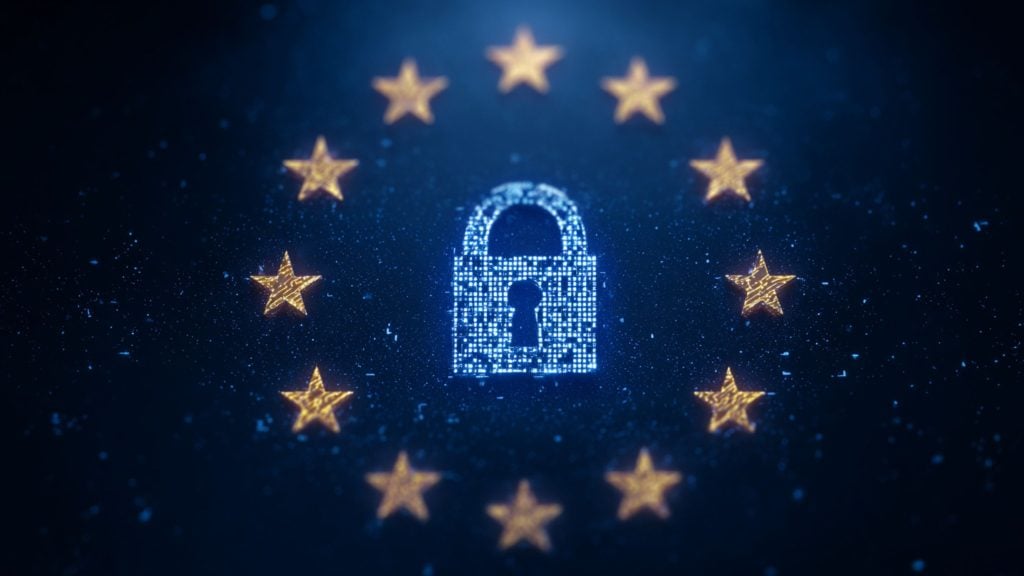The Russian government is intensifying its drive to expand the use of biometric technologies across the nation. This push comes amid growing fears over personal data security, highlighted by a surge in data breaches in recent years. In 2023 alone, RBC, a Russian research agency, reported that data breaches at Russian financial institutions escalated 3.2 times compared to 2022, with about 170 million personal records compromised.
Despite these security challenges, the Russian state has placed a significant focus on biometrics. In 2018, authorities established the Unified Biometric System (UBS), a pivotal element in Russia’s digital infrastructure which was later designated as a state information system. Maksut Shadayev, Russia’s minister of digital development, noted that biometric data submissions have been noteworthy, with figures continuously climbing. As of now, approximately 18 million Russians have comprehensive biometric profiles, with 70 million having submitted some form of biometric data to various state or private institutions, according to Riddle Russia.
However, many Russians are hesitant to embrace this technology. Concerns stem from not only frequent data leaks but also from a general lack of understanding of biometric technologies, which have been evolving in Russia for over a decade. Furthermore, a notable event in September 2023 saw a large number of citizens submitting petitions to halt further biometric data collection following widespread rumors about invasive data capture methods via ATMs and smartphones.
Related: Australia’s Digital ID Push Is Undermined by Data Leak Disaster
The historical trajectory of biometric data collection in Russia reflects a broad and deep integration of such technologies in everyday transactions and interactions.
Internationally, the government is also extending the reach of these technologies to Russians living abroad, enabling them to access financial services through biometric registration.
Amid these developments, privacy experts and concerned citizens argue for greater scrutiny and a reconsideration of the data collection process.












